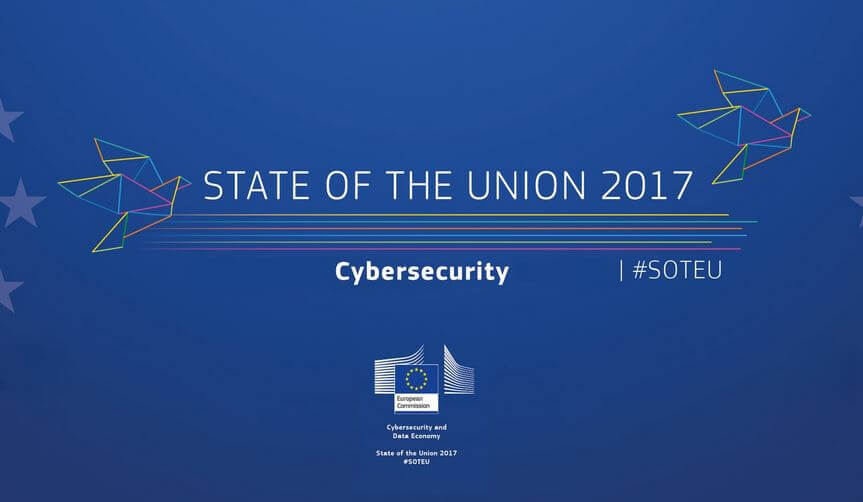Since the adoption of the Cybersecurity Strategy of the European Union in 2013, there are numerous initiatives that have been taken to strengthen cybersecurity. An example of these are: the Digital Single Market Strategy of May 2015, which aims to reduce barriers and offer more opportunities to do business across borders in a legal, safe and affordable way
On September 13, in his annual address on the state of the Union, President Jean-Claude Juncker declared: "Over the past three years, we have made progress to keep Europeans safe online. But Europe is not yet well equipped when This is about cyber-attacks, which is why today the Commission proposes new tools, including a European Cybersecurity Agency, to help us defend ourselves against such attacks. â€
Europeans rely heavily on digital technologies. They open new opportunities for citizens to connect, facilitate the dissemination of information and form the backbone of the European economy.
However, they have also generated new risks as non-state and state actors increasingly try to steal data, commit fraud or even destabilize governments.
Last year, there were more than 4,000 ransomware attacks per day and 80% of European companies experienced at least one cybersecurity incident. The economic impact of cybercrime has increased fivefold in the last four years.
To equip Europe with the right tools to deal with cyber attacks, the European Commission and the High Representative propose a broad set of measures to build strong cybersecurity in the EU.
This includes a proposal from an EU Cybersecurity Agency to help Member States deal with cyber attacks, as well as a new European certification scheme that will ensure that products and services in the digital world are safe to use.
Andrus Ansip, Vice President of the Digital Single Market, said: "No country can face cybersecurity challenges alone. Our initiatives strengthen cooperation so that EU countries can face these challenges together. We also propose new measures to boost investment in innovation. and promote cyber hygiene "
With the recent ransomware attacks, a dramatic increase in cybercriminal activity, the increasing use of cyber tools by state actors to meet their geopolitical objectives and the diversification of cyber security incidents, the EU needs to build greater resistance to cyberattacks and create an effective cyber deterrence of the EU and a response to criminal law to better protect citizens, businesses and public institutions in Europe. This is what the Cybersecurity Package is about today.
The Cyber Security Agency would also help establish and implement the EU-level certification framework that the Commission proposes to ensure that products and services are cyber insurance. Just as consumers can trust what they eat thanks to EU food labels, the new European cybersecurity certificates will guarantee the reliability of the billions of devices ("Internet of things") that drive critical infrastructure of today, such as energy and transportation networks, but also new consumer devices, such as connected cars.
Cybersecurity certificates will be recognized in all Member States, thus reducing the administrative burden and costs for companies.
Recent figures show that digital threats are evolving rapidly and that the public perceives cybercrime as a major threat: although ransomware attacks have increased by 300% since 2015, the economic impact of cybercrime increased fivefold between 2013 and 2017, and could increase further Studies suggest that it will increase by a factor of four by 2019. 87% of Europeans consider cybercrime as a major challenge for EU internal security.

